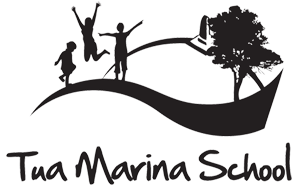Inquiry Learning provides opportunities for our students to make discoveries that enhance their understandings of, and link them to, the world around them and beyond, and equips them with the skills of inquiry and investigation to enable them to become life-long learners.
Learning Goals
Through our teaching and learning programmes our students should:
- Understand how to use the PEAK (Plan, Explore, Act, Know) Inquiry Learning model
- Develop research skills
- Develop information literacy skills
Teaching and Learning Guidelines
Our teaching and learning programmes will:
- Integrate several Learning Areas through one focus topic/curriculum area
- Provide meaningful contexts
- Involve students in planning and delivery choices
- Use the PEAK Inquiry Learning model
- Use the Information Skills Continuum and Library Skills Rubric
- Incorporate the Scientific, Technological, and Social Inquiry processes
- Reflect the Tua Marina Long Term Plan
- Link to key competencies, principles and values
- Consider the learning environment – intellectual, emotional, physical, and cultural engagement
- Use a variety of teaching strategies
- Incorporate ICT and Thinking Skills when appropriate
- Make use of staff/student strengths and community expertise
- Be able to undertake independent research when appropriate eg SMILE (Self Motivated Learning Experiences)
Planning
- The New Zealand Curriculum will provide the basis for the teaching and learning programmes.
- Refer to PEAK Inquiry Learning Model and MOE resources when planning e.g. TKI
- Planning will follow a coherent pathway from curriculum plans to long term plans to unit or weekly planning to teaching and learning
- Assessment data and information about students will be used to determine the teaching & learning programme.
Assessment
Information on student achievement will be gathered and analysed through a range of assessment practices e.g. rubrics, self/peer assessment, observation, NEMP tasks, etc.


